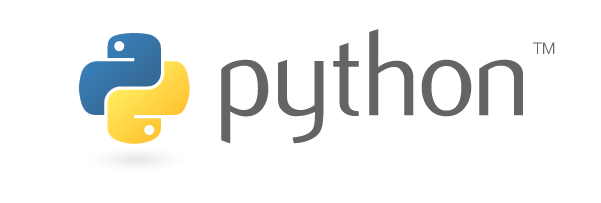The creation of a data model requires two mandatory files, one example and a JSON schema containing the definitions and data types of the elements in the entity.
However, the JSON schema creation could be somehow demanding.
The new tool opens the door for people with only basic knowledge of JSON (every FIWARE user should be proficient in it).
If you have an entity defined in your system just retrieve it in key values format and paste it in this form (available at Menu -> Draft a data model -> Generate your schema out of your payload.
It will return a new page with a raw version of a JSON schema. What you have to check for a final submission?
1.- The title and description of the overall schema
2.- The id address of the schema (you’d need the subject to locate it)
3.- If you want to include any tags
4.- Remove those definitions that does not match your data model and include the missing ones.
so you would be able to make a PR with this JSON schema and your example according to the contribution manual.
Check it here as well








